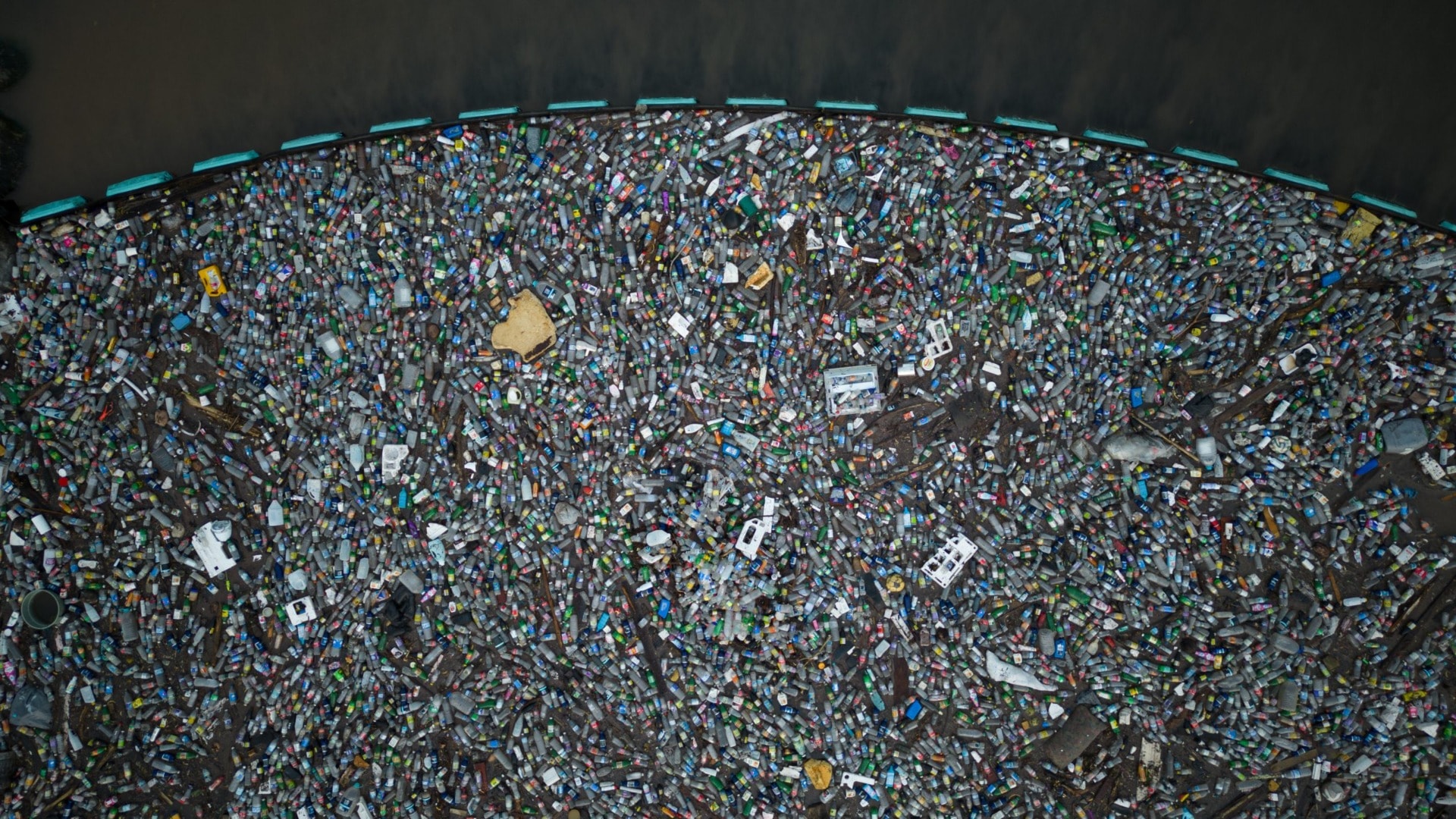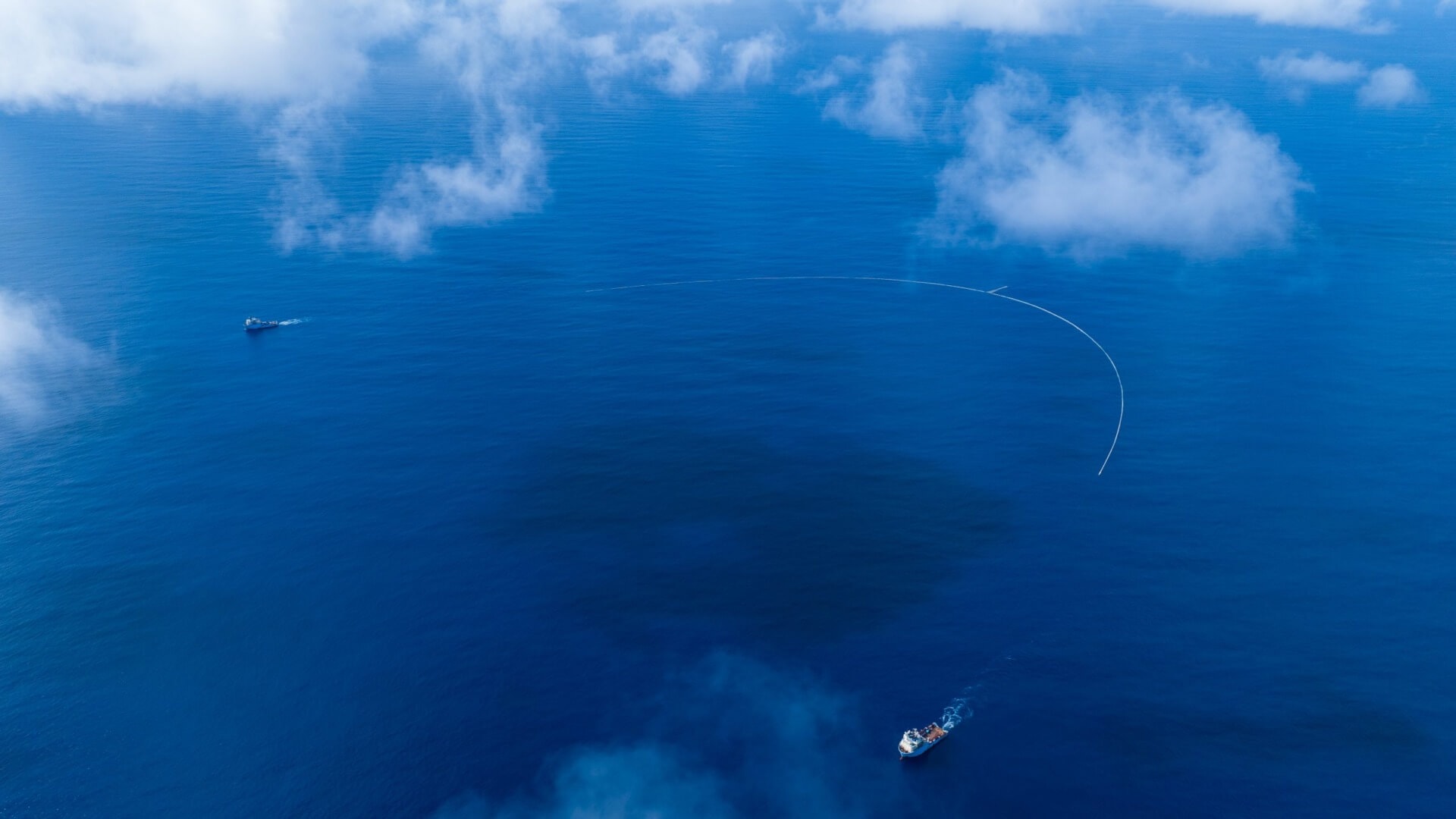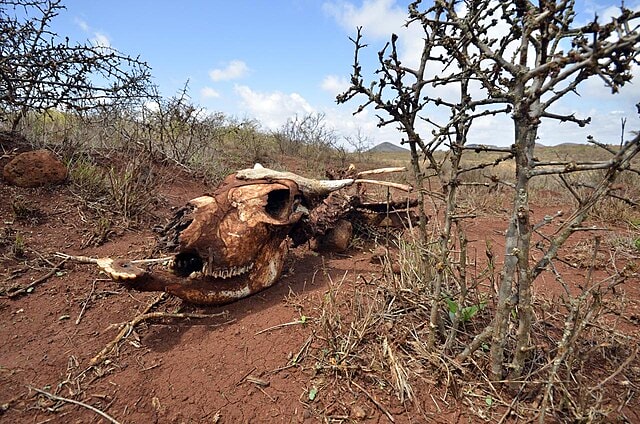For those of us who are reducing our intake of single-use plastic, reusing plastic items and recycling wherever possible, it can be frustrating when companies don’t seem to be playing their part, or are merely using the issue of plastic pollution as a marketing tool. Nature and oceans especially are paying the price for this.
 This article is part of an editorial collaboration with Earth.Org. The Earth.Org Series can be found here. The original publication can be found here.
This article is part of an editorial collaboration with Earth.Org. The Earth.Org Series can be found here. The original publication can be found here.
Are we fighting a losing battle when it comes to plastic? Chloe Harvey, Director at The Reef-World Foundation doesn’t think so. “While the distressing impact of plastic pollution is something I see with a heavy heart,” she said, “I do have hope.” Her positivity stems from the “forward-thinking knowledge exchange across the [scuba diving] industry.”
The diving industry has been tackling the problem head-on for decades, with many enterprises integrating socio-environmental initiatives as part of their business plan. The reason for this can perhaps be best summed up in the words of Sylvia Earle, an American marine biologist, who once explained that scuba divers and surfers are often among the strongest ocean conservation advocates “because they’ve spent time in and around the ocean, and they’ve personally seen the beauty, fragility, and even the degradation of our planet’s blue heart.” For companies in the marine tourism industry, seeing the beauty of our ocean day in and day out – as well as the damage being done by humans – motivates them to take real action to protect our underwater ecosystems.
Collective action is in the works. Hundreds of businesses across the scuba industry pledged to join an initiative called Mission 2020. Set up by Fourth Element, a diving gear retailer, the initiative is encouraging companies to make significant changes to their business models to better protect the ocean; particularly when it comes to eradicating single-use plastics.
Jim Standing from Fourth Element acknowledges the high costs of ‘going green’ but stresses the importance of improving environmental practices anyway. “Frankly, we have to do it,” he told delegates at the ADEX dive show in Singapore in 2019. “If we don’t,” he continued, “the future is incredibly stark.” That’s why, even though some changes might carry an associated cost, Fourth Element has accepted some of the kickback of making their processes more expensive in a bid to protect the ocean.
As part of Mission 2020, Fourth Element has committed to eliminating single-use plastic packaging from its products by 8 June 2020 (World Oceans Day). The company is already using cardboard or cassava starch packaging for its products and doesn’t use any plastic bags or tags. Additionally, its new Thermocline wetsuit range is made from ghost fishing nets recovered from the ocean. For Jim and his team, manufacturers and businesses across the diving supply chain should lead the way by adapting their business models until consumers have no choice but to be green.
Blue O Two, a tour company that provides scuba diving holidays, is also involved in the initiative. According to Managing Director Alyson Tyler, the company has pledged: “Our fleet vessels will be single-use plastic free by the end of 2019. We pledge to minimise pollution on our boats and in our worldwide offices, achieving this whilst educating yet also respecting local communities.” Single-use plastics have already been removed from Blue O Two’s Red Sea fleet; equating to over 60,000 bottles each year. While removing single-use plastics across the entire fleet will be a challenge, the company is working with Reef-World to find ways of improving even further through its Green Fins initiative.
Similarly, Explorer Ventures Liveaboard Fleet is working towards the elimination of single-use plastics onboard its Caribbean vessels. It’s also helping Reef-World establish protocols specifically designed to improve global environmental policies for liveaboards. Rachel Huber, from Explorer Ventures, explained why this is so important for them: “As divers, people on the ‘front line’ we understand we have an obligation and a responsibility to act as stewards of our oceans and environment, so that future generations will be able to enjoy nature as we do,” she said.
Value alignment across the industry has multiple benefits. Countries of all sizes and from across the world can join in. Disparate initiatives can achieve higher aggregate impact if more businesses increase awareness amongst diver communities, and share best practices on how to tackle the plastic menace from both a prevention and clean up standpoint.
EDITOR’S NOTE: The opinions expressed here by Impakter.com columnists are their own, not those of Impakter.com













